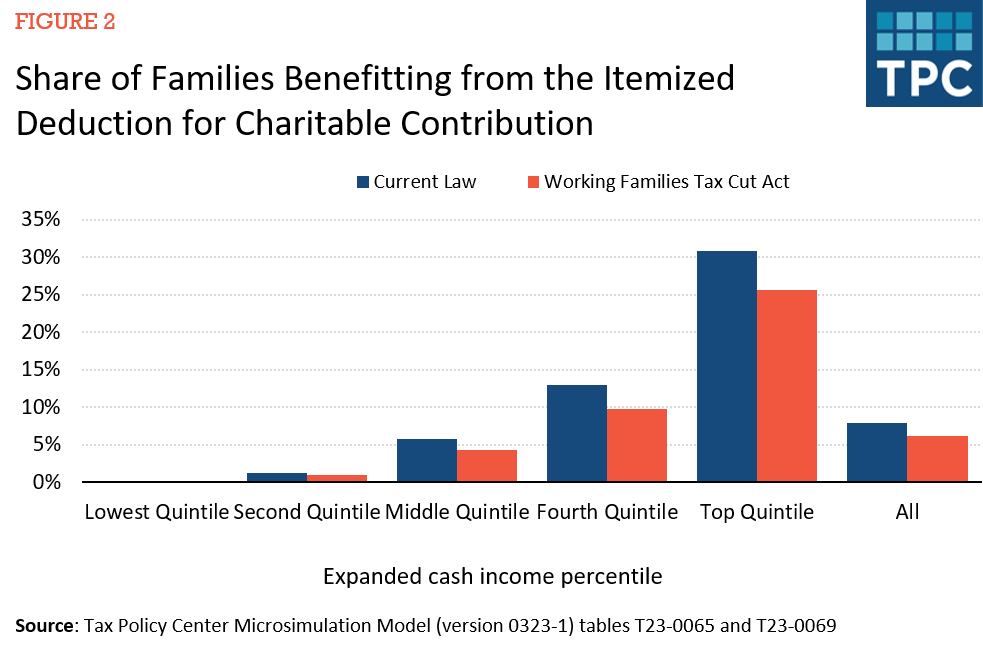Why a Basic Will May Not Be Enough
When most people think about the creation of an estate plan, they think only of the need to execute a Last Will and Testament to ensure that their estate is distributed pursuant to their wishes after death. While that is certainly one aspect of estate planning, a well-thought-out and comprehensive estate plan usually includes more than just a simple Will. The Indianapolis trust attorneys at Frank & Kraft explain why a basic Will may not be enough to achieve all your estate planning goals.
Estate Planning Fundamentals
Estate planning also uses tools and strategies that protect your assets and help them grow while you are alive. An estate plan can also protect you and your loved ones if you become incapacitated as well as help ensure that you are prepared for retirement, including preparing for the high cost of long-term care. Ensuring that your wishes are honored at the end of your life and after your death is something else that an estate plan can do for you along with making sure your surviving loved ones are sufficiently provided for in your absence. As you can see, your estate plan can accomplish quite a bit which is why care must be taken in the creation of that plan.
Estate Planning Beyond the Basics
With a better understanding of all that an estate plan can accomplish it becomes apparent that a variety of tools and strategies will be needed to reach beyond what a Will can accomplish. The tools and strategies that you decide to incorporate into your estate plan will be chosen by you and your estate planning attorney based on your unique needs and goals. Some of the most common of those tools, however, include:
- Trust Agreement. A trust agreement creates a relationship whereby property is held by one party for the benefit of another. A trust is created by a Settlor (also referred to as a Maker or Grantor), who transfers property to a Trustee. The Trustee holds that property for the trust’s beneficiaries. All trusts are first divided into one of two categories – testamentary or inter vivos – the latter of which is more commonly referred to as a living trust. A testamentary trust is a trust that arises upon the death of the Settlor, and which is typically activated by a provision in the Settlor’s Will. A living trust is a trust that takes effect as soon as all the legalities of creation are in place. Living trusts can be further divided into revocable or irrevocable living trusts. A trust can also be used to distribute your estate assets.
- Advanced Directive. An advance directive is a written statement of a person’s wishes regarding medical treatment that is created and executed to ensure those wishes are carried out should the person be unable to communicate them to a doctor. Because advance directives are predominantly governed by state law, the type of advance directives that are recognized, the decisions that can be made, and the language necessary to create an advance directive can vary slightly from state to state. The two most common advance directives are a health care POA that lets you appoint someone to make health care decisions so you if you cannot make them and a Living Will that can help your estate avoid taxes and make sure your wishes are honored.
- Power of Attorney. This allows you to appoint an Agent to act on your behalf in legal matters. A general POA gives your Agent almost unlimited authority to act on your behalf whereas a limited POA only gives the Agent the authority specifically enumerated in the POS document. A traditional POA terminates on the death or incapacity of the Principal (the creator). If you make a POA durable, the authority you grant your Agent survives your incapacity.
Contact Indianapolis Trust Attorneys
For more information, please join us for an upcoming FREE seminar. If you have additional questions or concerns regarding your estate plan, contact the experienced Indianapolis trust attorneys at Frank & Kraft by calling (317) 684-1100 to schedule an appointment.
Paul Kraft is Co-Founder and the senior Principal of Frank & Kraft, one of the leading law firms in Indiana in the area of estate planning as well as business and tax planning.
Mr. Kraft assists clients primarily in the areas of estate planning and administration, Medicaid planning, federal and state taxation, real estate and corporate law, bringing the added perspective of an accounting background to his work.
Latest posts by Paul A. Kraft, Estate Planning Attorney (see all)






